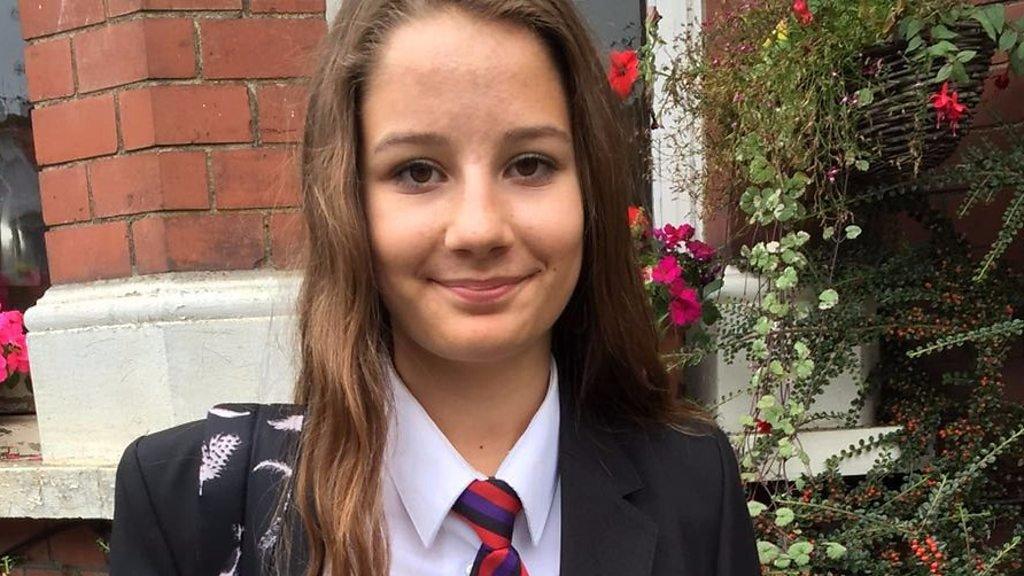Molly Russell: Meta and Pinterest executives must appear at inquest
- Published
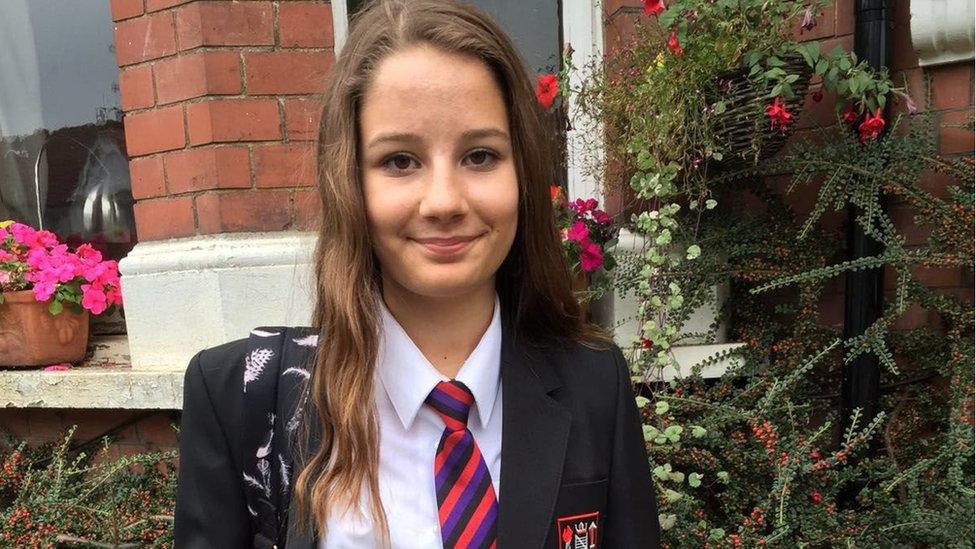
Molly Russell saw thousands of harmful images on social media
A coroner has ruled that tech giant Meta must send a senior executive from the US to give evidence at the inquest into the death of Molly Russell.
The 14-year-old killed herself in 2017 after seeing graphic images of self-harm and suicide on Instagram and Pinterest.
Meta, which owns Instagram, argued at a pre-inquest review that evidence should be given via video link from America.
The inquest is due to begin at North London Coroner's Court on 19 September.
Caoilfhionn Gallagher QC, counsel for Meta, said head of health and wellbeing policy Elizabeth Lagone would require "significant travel and time in London" to attend in person.
Instead she said Ms Lagone would be prepared to start her evidence at 05:00 in the morning US time to coincide with hearings beginning at 10:00 in London.
Pinterest also argued one of its executives could not travel to London due to an important business meeting.
Global head of community operations Jud Hoffman was also said to be concerned about Covid and the need to protect his elderly parents.
Difficult to understand
But Oliver Sanders QC, barrister for the Russell family, said the request to give evidence remotely was "disrespectful to the family and disrespectful to the court".
He continued "what we have here is two Irish corporations who have chosen to field witnesses based in the US".
Senior coroner Andrew Walker ruled against the tech companies and ordered their witnesses appear in court in person to give evidence.
Mr Sanders then requested that Meta reveal more information about material the company had redacted.
He said that the names of accounts containing harmful material which had been suggested to Molly by Instagram's algorithm had not been provided by Meta.
He told the court the family, from Harrow, north-west London, found it very difficult to understand how it could send material "unilaterally to a child but cannot send it to the family or coroner after her death".
Meta replied it had a legal duty under English and US law to protect privacy and was concerned about the "potential identification of vulnerable Instagram users".

Follow BBC London on Facebook, external, Twitter , externaland Instagram, external. Send your story ideas to hellobbclondon@bbc.co.uk, external
Related topics
- Published16 March 2022

- Published8 February 2021

- Published26 September 2020

- Published28 October 2019
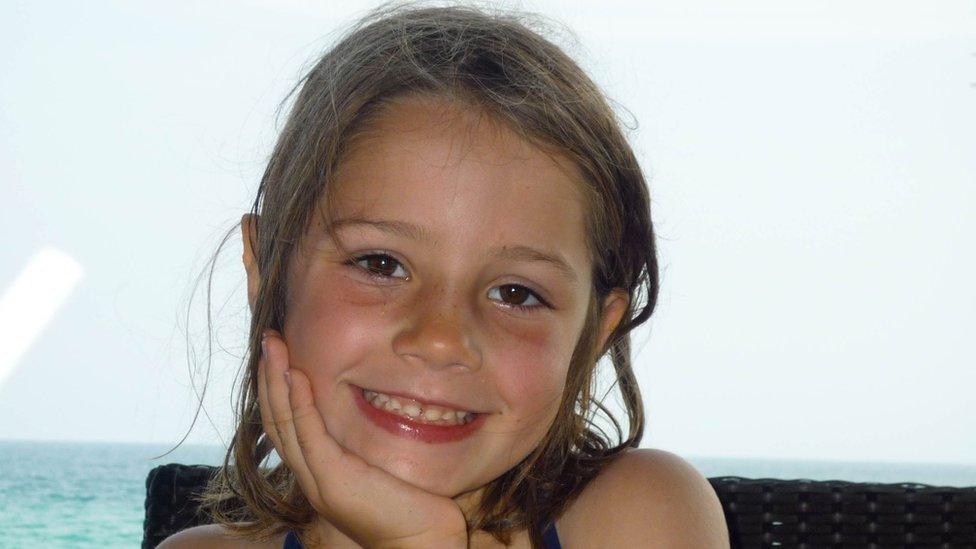
- Published27 October 2019
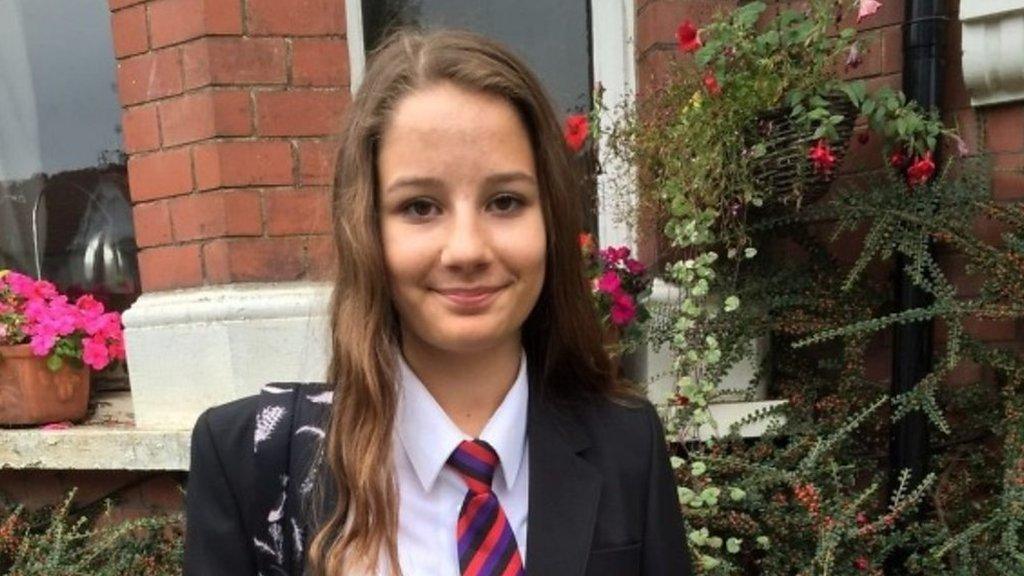
- Published20 November 2019

- Published4 February 2019
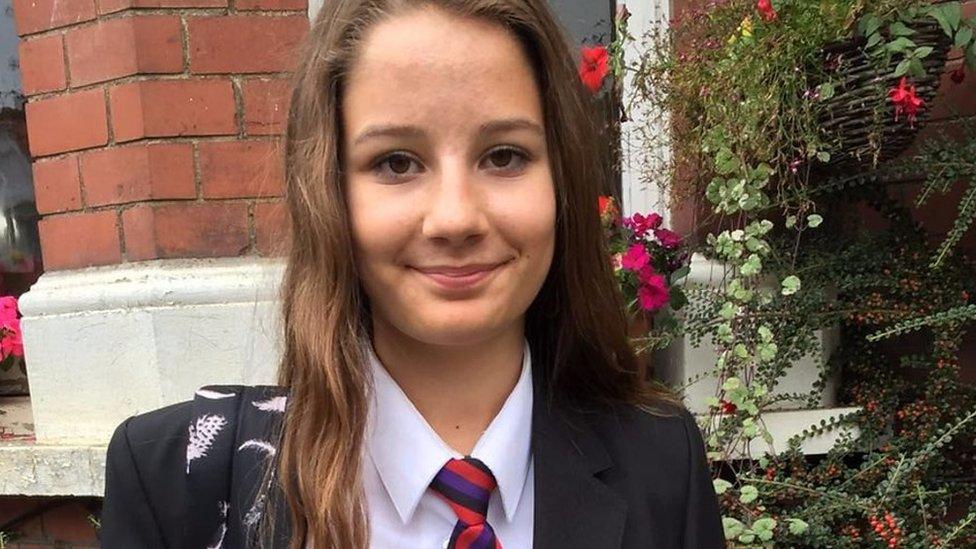
- Published22 January 2019
